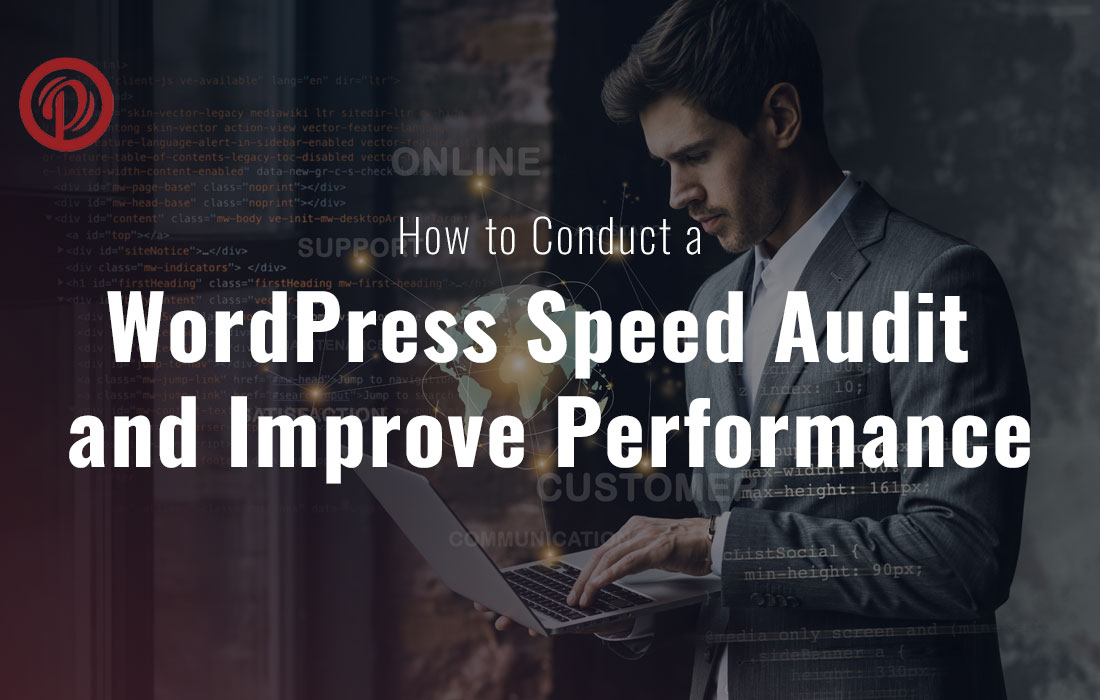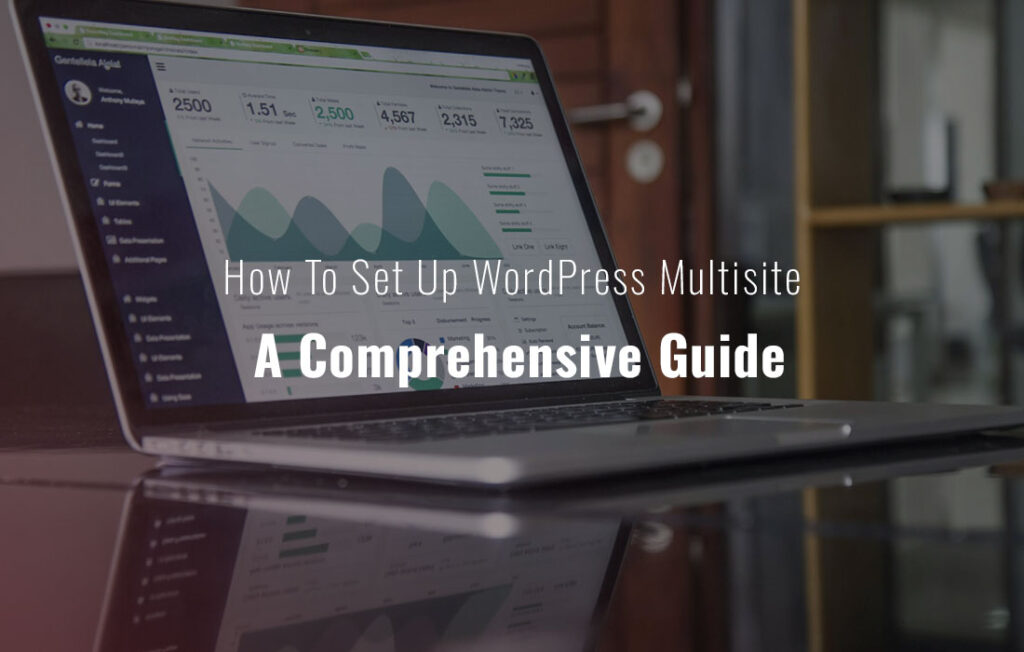Conducting a WordPress speed audit and putting methods into place to enhance website performance are essential in today’s fast-paced digital world. You must give performance optimization for WordPress websites top priority if you want to improve user experience and accomplish your online objectives. In this post, we’ll walk you through the process of conducting an exhaustive WordPress speed audit and provide practical tips for enhancing website performance. We’ll concentrate on important topics like WordPress speed audit and approaches for enhancing website performance.
Table of Contents
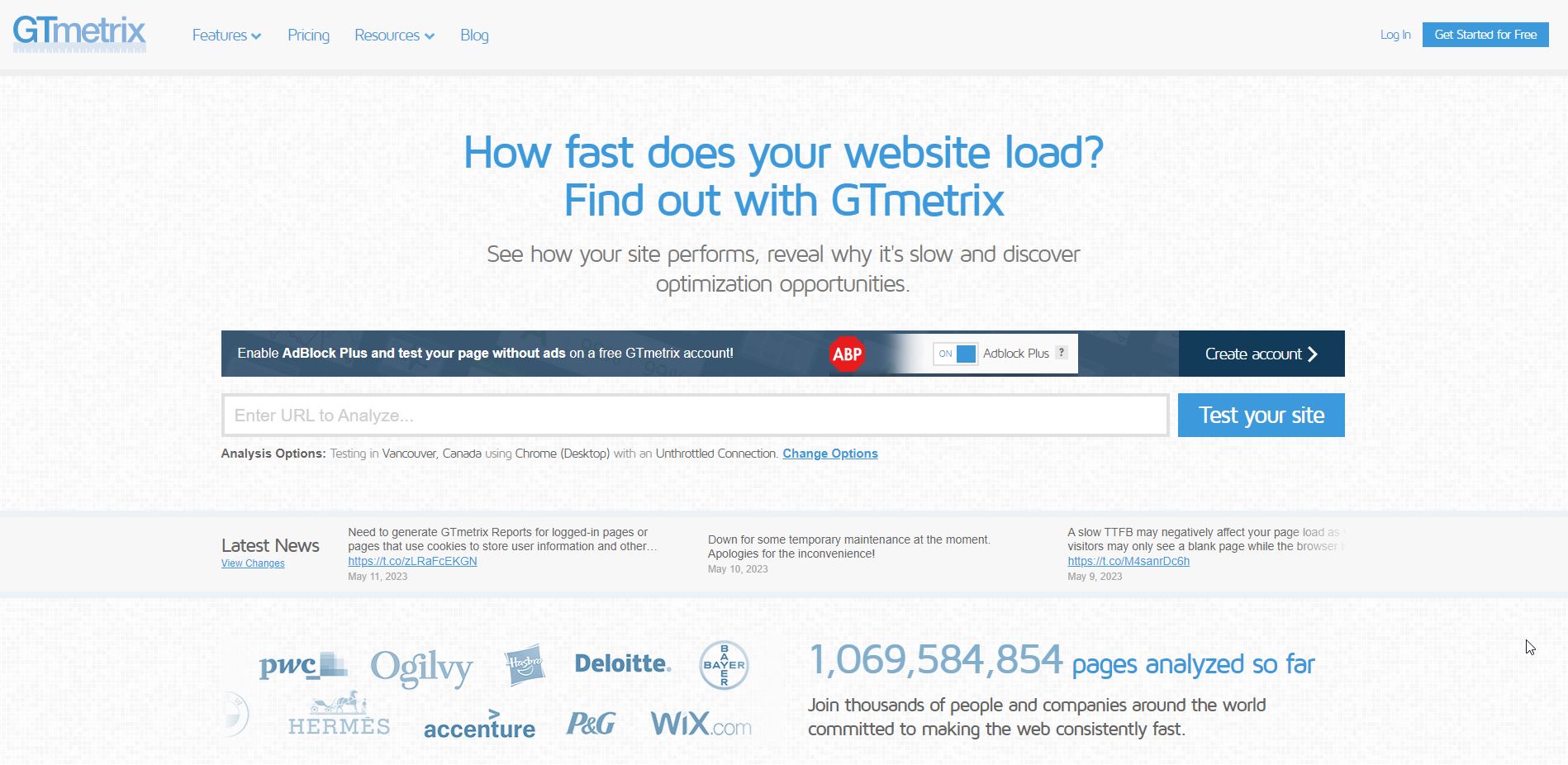
Before diving into the WordPress speed audit, it’s important to establish a baseline to measure your website’s current performance. Use online tools like Google PageSpeed Insights, GTmetrix, or Pingdom Tools to assess your site’s speed and receive comprehensive reports on performance metrics related to WordPress speed audit and website performance. These tools will provide valuable insights and highlight areas that need attention to improve both your WordPress speed audit and overall website performance.
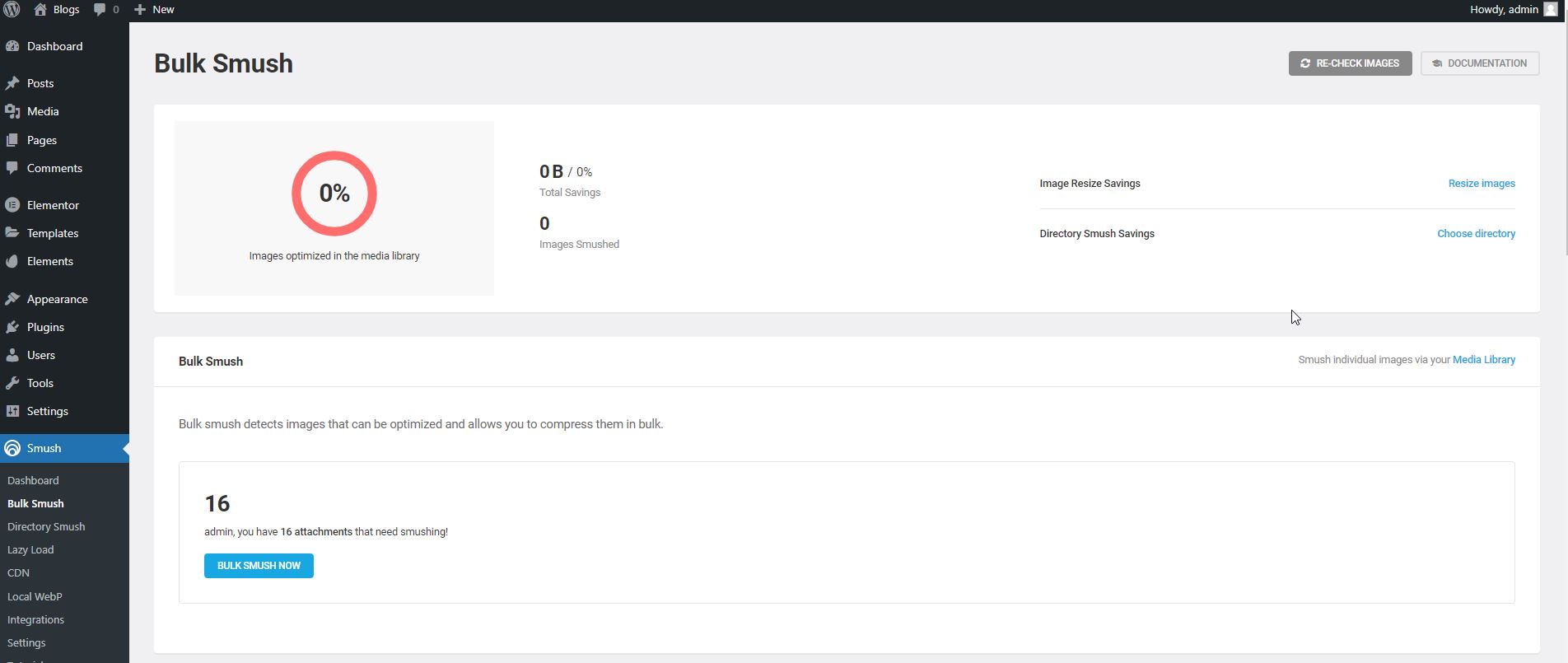
Large image files are often the main culprits behind slow-loading websites, affecting WordPress speed audit and overall website performance. To optimize your images and improve WordPress speed audit and website performance, consider the following techniques:
- Resize Images: Use image editing software or plugins to resize images to the dimensions required by your theme, thereby optimizing WordPress speed audit and overall website performance. This reduces file size without compromising quality.
- Compress Images: Utilize plugins like WP Smush, EWWW Image Optimizer, or ShortPixel to automatically compress images without losing visual quality, resulting in improved WordPress speed audit and website performance. This helps reduce file size and load time.
- Lazy Loading: Implement lazy loading techniques to ensure that images are loaded only when they come into the viewport, improving initial page load times and positively impacting WordPress speed audit and overall website performance.
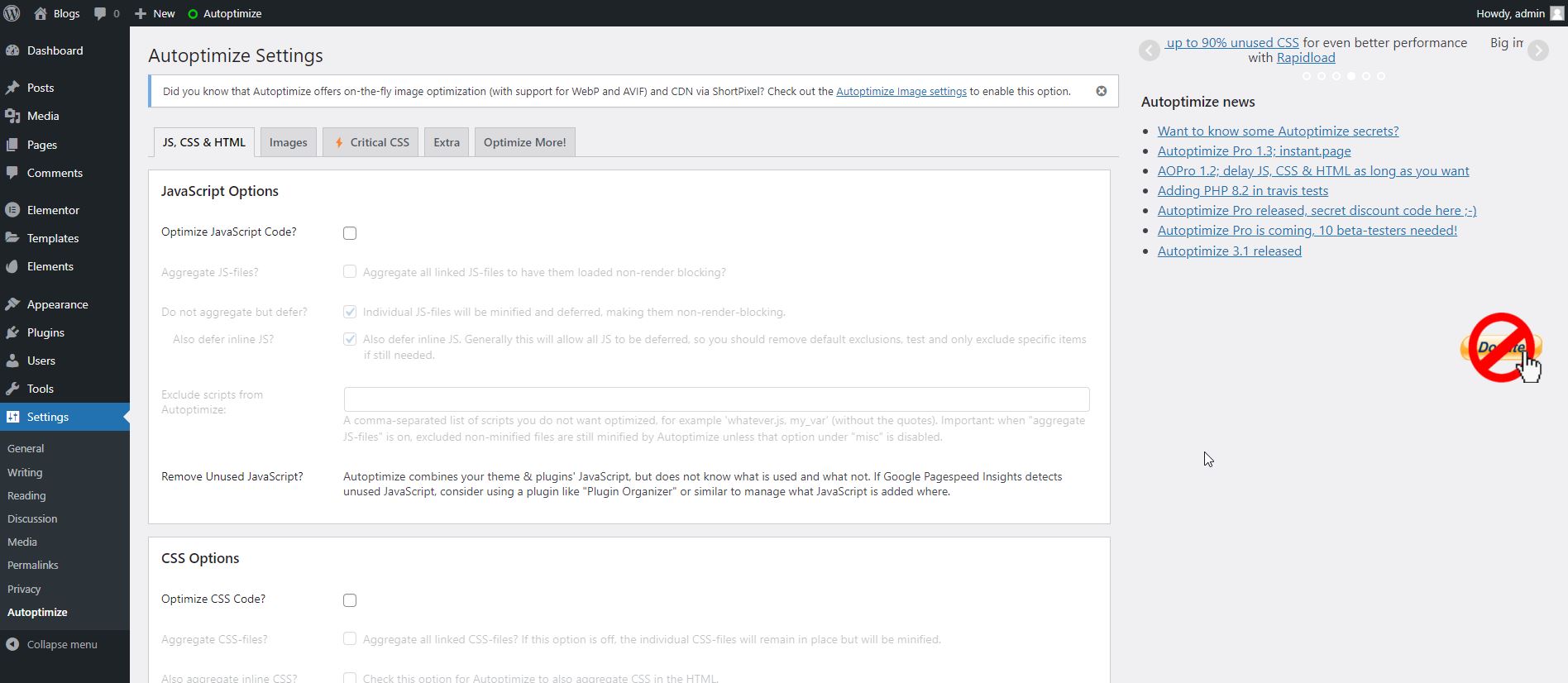
Minimizing HTTP requests is essential for improving both WordPress speed audit and website performance. Excessive requests can significantly slow down your site. Consider the following strategies related to WordPress speed audit and website performance:
- Combine Files: Merge multiple CSS or JavaScript files into a single file to reduce the number of requests made by the browser, positively affecting WordPress speed audit and overall website performance.
- Minify Files: Use plugins such as Autoptimize or WP Rocket to remove unnecessary characters, comments, and whitespace from your CSS and JavaScript files, reducing their size and improving WordPress speed audit and website performance.
- Defer JavaScript: By deferring JavaScript loading, you can ensure that it doesn’t block the rendering of the web page, positively impacting both WordPress speed audit and website performance. Use plugins like WP Rocket or Async JavaScript to defer JavaScript execution.
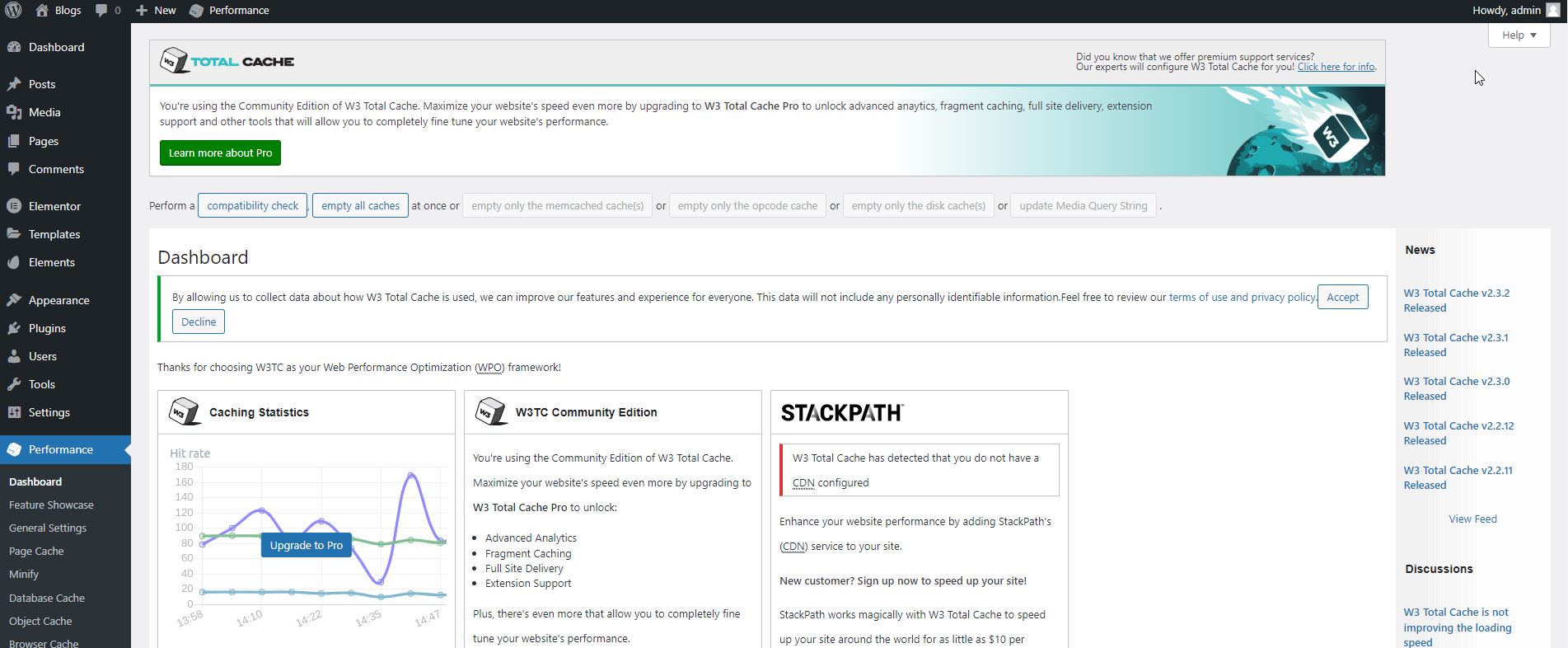
Caching plays a vital role in improving WordPress speed audit and overall website performance. Follow these caching techniques:
- Browser Caching: Configure browser caching to store static resources locally, allowing returning visitors to load your website faster and positively impacting WordPress speed audit and website performance.
- WordPress Caching Plugins: Install caching plugins such as W3 Total Cache, WP Super Cache, or WP Rocket, which generate static HTML files, reducing the load on the server and improving both WordPress speed audit and overall website performance.
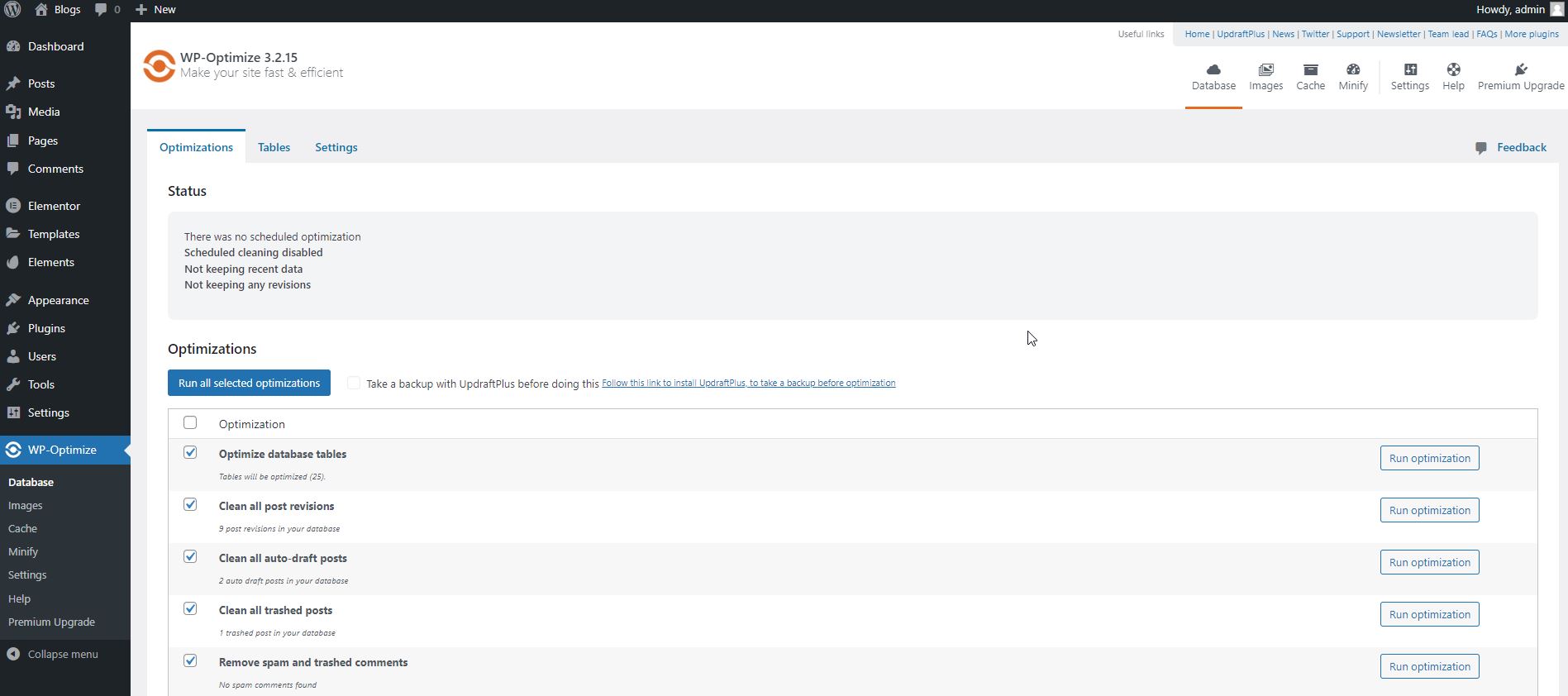
Regular database optimization is crucial for maintaining peak WordPress speed audit and overall website performance. Consider the following actions:
- Remove Unused Plugins and Themes: Delete any unnecessary plugins and themes from your WordPress installation. They can not only slow down your site but also pose security risks, affecting both WordPress speed audit and website performance.
- Database Cleanup: Use plugins like WP-Optimize or WP-Sweep to remove spam comments, post revisions, and other unnecessary data from your WordPress database. This optimization process improves WordPress speed audit and overall website performance.
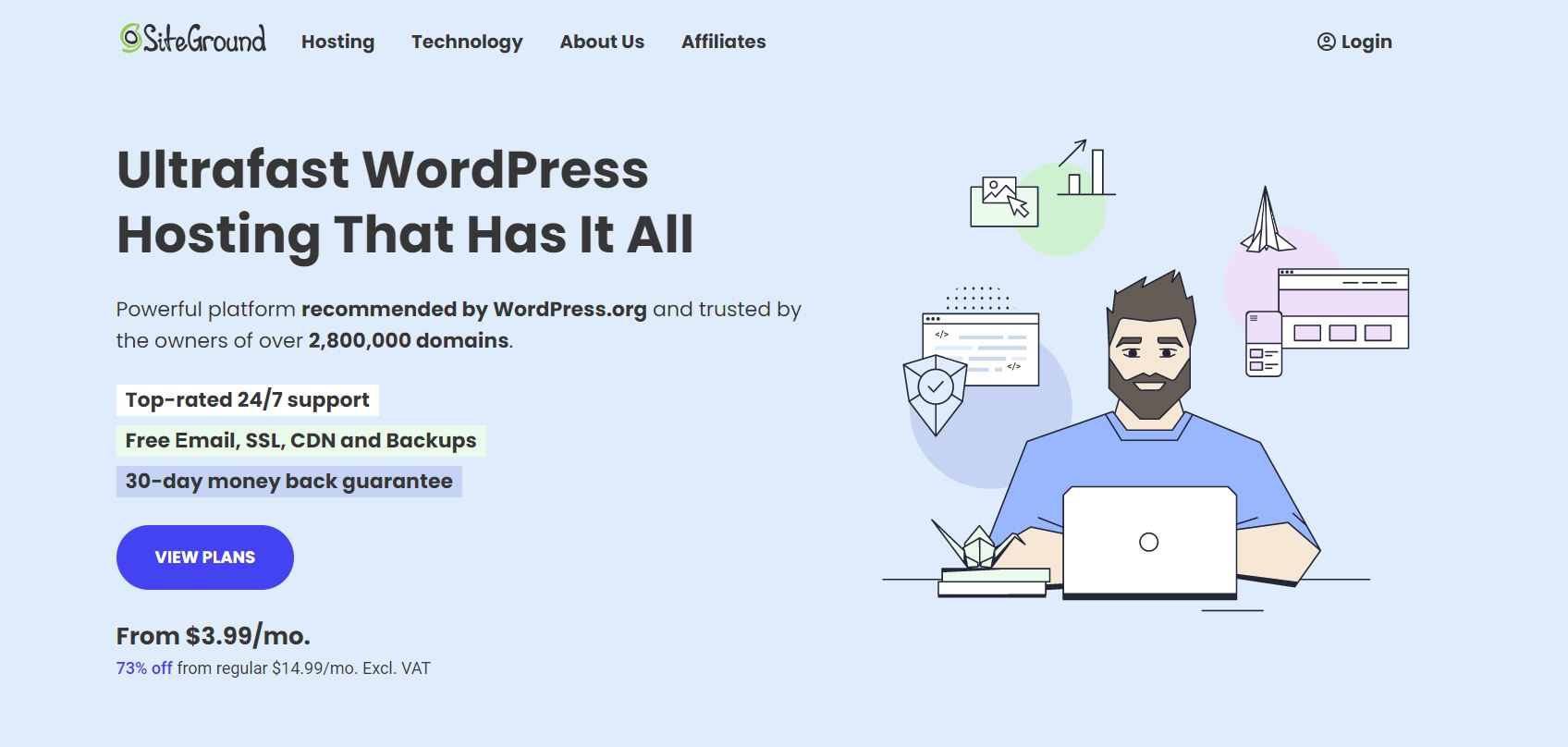
Selecting a reliable hosting provider is essential for optimal WordPress speed audit and website performance. A reputable hosting provider will offer robust infrastructure, reliable servers, and adequate resources to handle your site’s traffic. Consider managed WordPress hosting solutions like WP Engine, SiteGround, or Kinsta, as they specialize in WordPress performance and optimization, contributing to improved WordPress speed audit and website performance.
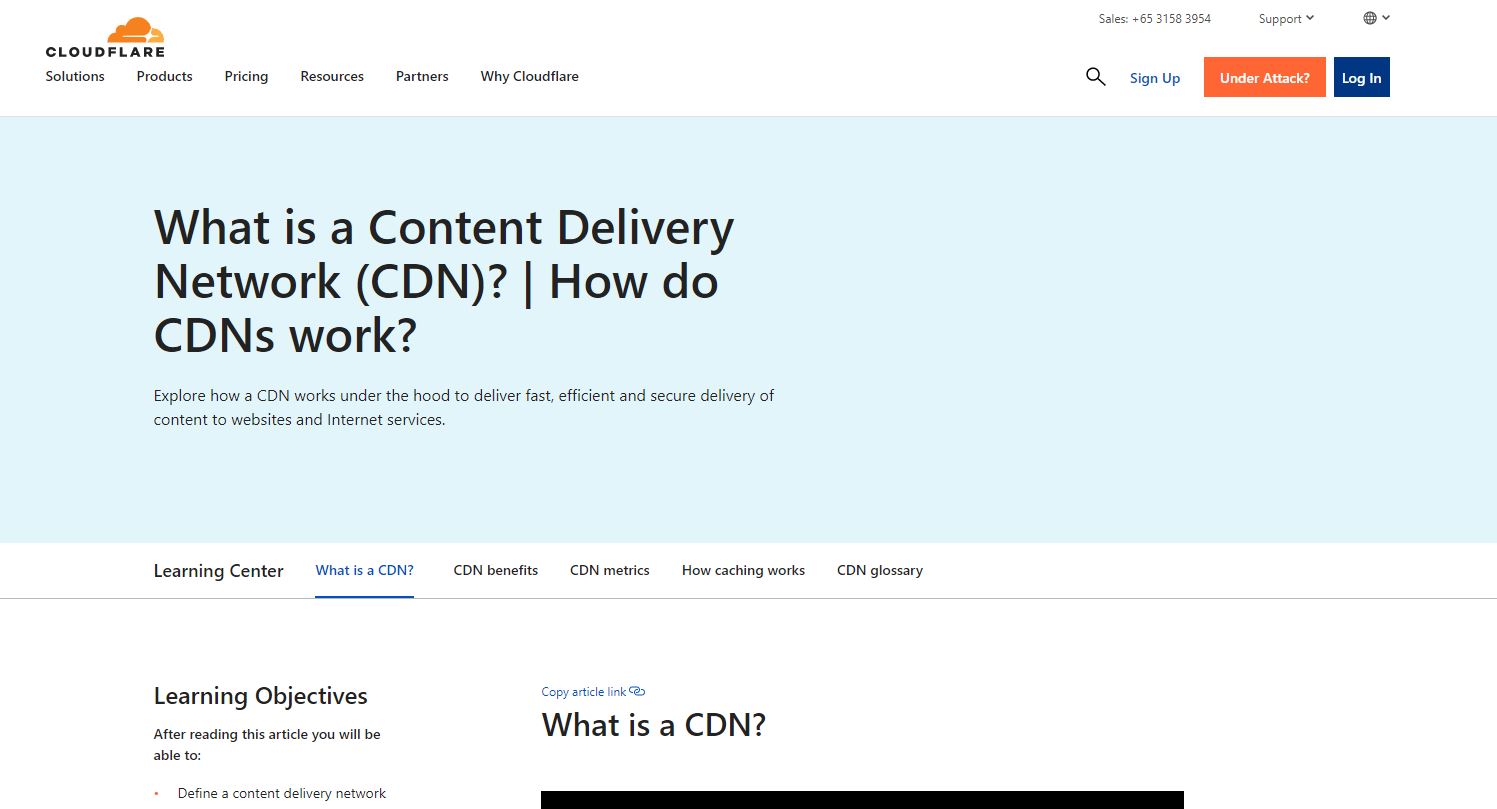
Implementing a content delivery network (CDN) is vital for enhancing WordPress speed audit and overall website performance. A CDN helps deliver your website’s content from servers located closer to your visitors, reducing latency and improving page load times. Services like Cloudflare, MaxCDN, or Akamai provide global networks of servers that cache your website’s static files and distribute them efficiently, positively impacting both WordPress speed audit and website performance.
Optimizing your WordPress themes and plugins is crucial for achieving optimal WordPress speed audit and website performance. Choose lightweight and well-coded themes that prioritize performance. Additionally, be mindful of the number and quality of plugins you install. Too many plugins or poorly coded ones can lead to conflicts and slow down your website. Regularly review your theme and plugin usage, remove any unnecessary ones, and keep the ones you need updated to their latest versions, positively impacting both WordPress speed audit and website performance.
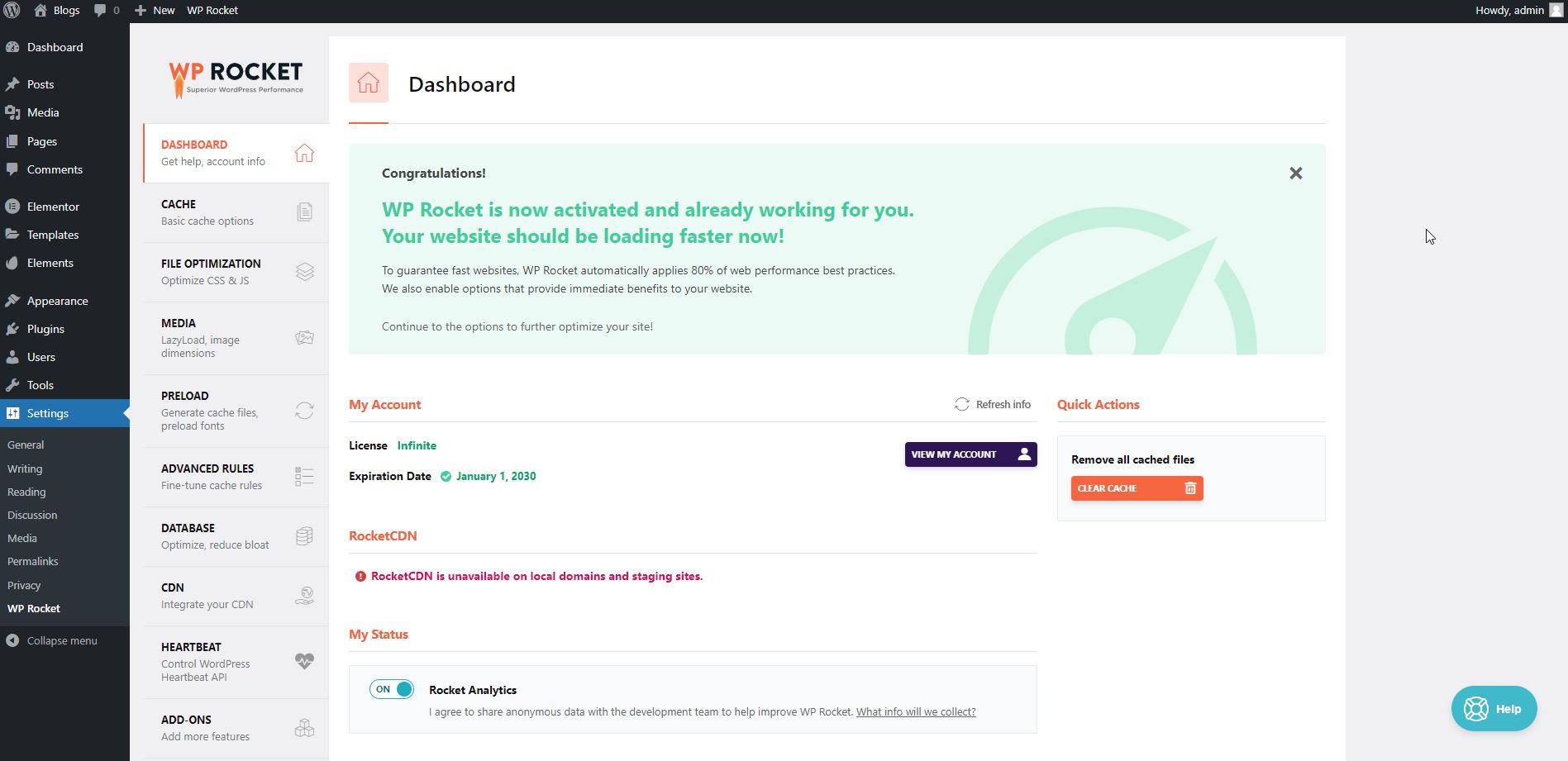
Enabling GZIP compression is a highly effective technique for improving WordPress speed audit and overall website performance. GZIP compression reduces the size of your website’s files, such as CSS, JavaScript, and HTML, before sending them to the user’s browser. By reducing file sizes, GZIP compression significantly decreases transfer times. Most modern web servers support GZIP compression, and you can easily enable it by adding a few lines of code to your server’s configuration file or by using plugins like WP Rocket or W3 Total Cache, positively impacting both WordPress speed audit and website performance.
After implementing the above optimization techniques, it’s essential to monitor your WordPress speed audit and overall website performance regularly. Monitor key performance metrics such as page load time, time to first byte (TTFB), and overall user experience. Continuously check your website on various devices and browsers to identify and address any performance issues.
Additionally, keep your WordPress installation, themes, and plugins up to date. Developers often release updates that include performance enhancements, bug fixes, and security patches. By staying current, you can ensure that your website remains optimized, secure, and performing well.
Conducting a WordPress speed audit and implementing strategies to improve website performance are essential steps for every WordPress website owner. By following the outlined optimization techniques and focusing on key areas such as WordPress speed audit and ways to improve website performance, you can significantly enhance user experience, increase conversions, and achieve your online goals. Remember to regularly assess your website’s performance, make necessary adjustments, and stay informed about the latest optimization practices. With a fast and efficient website, you can provide a seamless browsing experience for your visitors, boost engagement, and attain online success.
Note: If you want to take any service related to
WordPress speed audit, our company can provide you with these services. We have Expert Designer & Developer in Web Development. Contact us to get the service.



